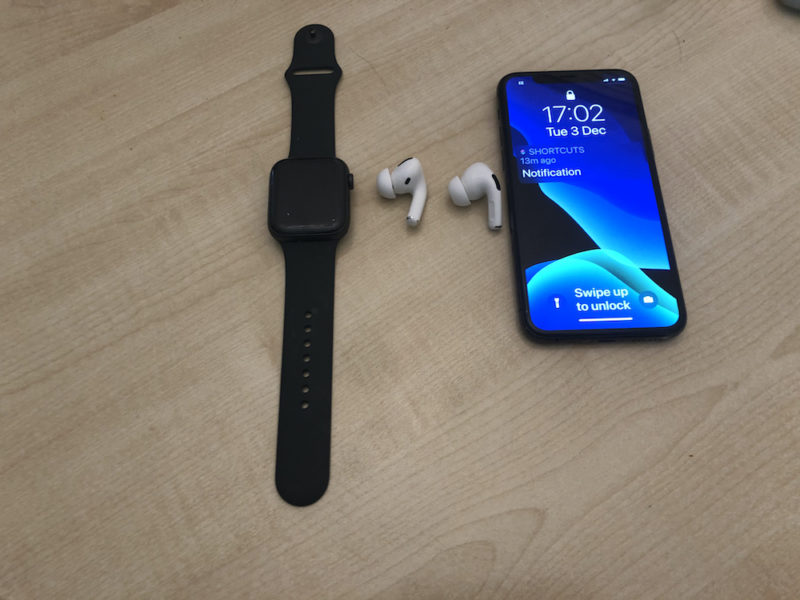As Labour’s election pledge suggests, digital technology is no longer seen as a luxury. Rolling out broadband for all has been likened to the great Victorian projects to provide clean water, or the building of the electricity national grid.
For disabled people especially, technology can be a great liberator. All my life it has played a major role in giving me independence. I was born with muscular dystrophy, which causes severe muscle weakness in all my limbs rendering me quadriplegic and in a wheelchair. Yet by adopting the rapidly developing digital technology I have seen over my life time, I have been able to go from a small village in west Wales, first to university in Scotland, then a long career at the BBC. Currently, my personal campaign is to highlight the case for as many physically disabled people as possible to have affordable access to technology.
Technology has helped create a level playing field despite the difficult cards I have been handed in life. I remember when I joined the BBC in 1990 they were still editing reels of tape with a razor blade, which was something I physically couldn’t do, but once the digital revolution got underway in the late 1990s I was editing documentaries for Radio Four myself on the first digital editing platforms.
Today using the latest speech recognition technology I am able to have a wide range of tools at my immediate command to run both my home and personal campaign office with just my voice.
The World Health Organisation estimates more than one billion people require assistive technology, while 90 per cent of these have no access to it.
Under Labour’s plan for free broadband for all the annual cost will be paid for by a tax on tech multinationals. Its new policy highlights children not able to do their homework because they can’t get online, businesses in rural areas unable to connect to vital services, the elderly feeling left out of the internet age; but there is an important element missing. Not mentioned is increasing access to technology for disabled people. Will any of the tax receipts a Labour government would receive from tech giants go on extending access in this area? They haven’t said.
There is certainly public appetite to see multinational tech companies pay their fair share of tax. I believe a fair share of any future tax receipts should be used to extend access to any technology that can help disabled people lead more independent and productive lives. Like the Labour Party in the UK, France has no qualms about taxing tech giants and is pushing ahead on plans for a so-called GAFA tax – one that would impose a 3% tax on tech companies with worldwide revenues of more than €750M ($842M). The tax is named after four of the target companies: Google, Apple, Facebook, and Amazon.
Whoever wins the UK general election needs to explore ways by which taxation, and other policies, might be used to encourage or compel major technology companies, such as Apple, Amazon, Google, Facebook and others to prioritise and invest more in making their technologies and products more accessible and affordable to people with disabilities. A GAFA-like tax would offer a unique opportunity to effect real change in technology company behaviour and attitudes to accessibility and affordability of technology for disabled consumers.
Some good work on making technology more accessible is going on at Apple, Microsoft and Google but nowhere near enough in comparison to the vast resources at their disposal. When a decent smartphone costs more than £150, wireless earbuds from £130, a laptop more than £300, a smart speaker from £50, and when a much higher proportion of disabled people are living in poverty it is clear to see where the problem lies.
I have experienced directly through my working life how technology can create employment opportunities for even the most severely disabled people, and jobs create taxes and so the Treasury and economy benefits as well. Now as my muscular dystrophy progresses voice activated smart home technology in particular has become even more important to my daily life: everything from communicating with family and friends, to turning my lights on, and the thermostat up. It helps me get things, most people take for granted, done.
My vision is a world where physically disabled people particularly benefit in terms of independence, choice and control, from technical innovations in consumer devices produced by companies like Apple, Amazon, Microsoft, Google, and Facebook. Why is it that charities, businesses and students get discounts and tax breaks on smartphones and tablets but disabled people who need technology to lead more independent and productive lives do not? I believe large technology companies need to be required to explore and deliver consumer products that meet the additional needs of disabled people.
It should be possible for the major banks, technology giants, and the government, in partnership, to devise a scheme similar to Motability, which enables disabled people to own and adapt cars, to make the more expensive technologies affordable for the disabled end-user. This would widen access and encourage major tech companies to consider more how accessible their products are.
There are laws in the UK, US, and elsewhere that make businesses provide ramps and toilets to enable access for disabled people, but for some reason technology companies seem to get away with shirking their responsibilities on tech accessibility.
It’s not just access to devices that is a problem, it is also access to websites and applications. In the USA the likes of the singer Beyoncé, and Domino’s the pizza company, have been sued over concerns about how accessible their websites are to disabled people. Device manufacturers like Apple and Google should ban developers whose websites and applications don’t embrace accessible design and meet accessibility standards. Google could go further and penalise websites in its search engine rankings if they don’t meet certain accessibility standards.
I am using voice recognition technology to write this article but there are many text boxes on websites and apps across the internet where the technology I rely on simply does not not work because of thoughtless website design. Twitter, Facebook, Google and WordPress, household names on the internet, are all guilty culprits. This frustrates me, makes me less productive, and silences me. It should be a major concern for web democracy when disabled people can be shut out of substantial portions of the digital world and economy we all use.
Digital exclusion based on accessibility and affordability is a scourge of our times and should be the next major front in the battle for a more accessible world for disabled people.
In the digital world, as in the real world, accessibility should be a civil right.






